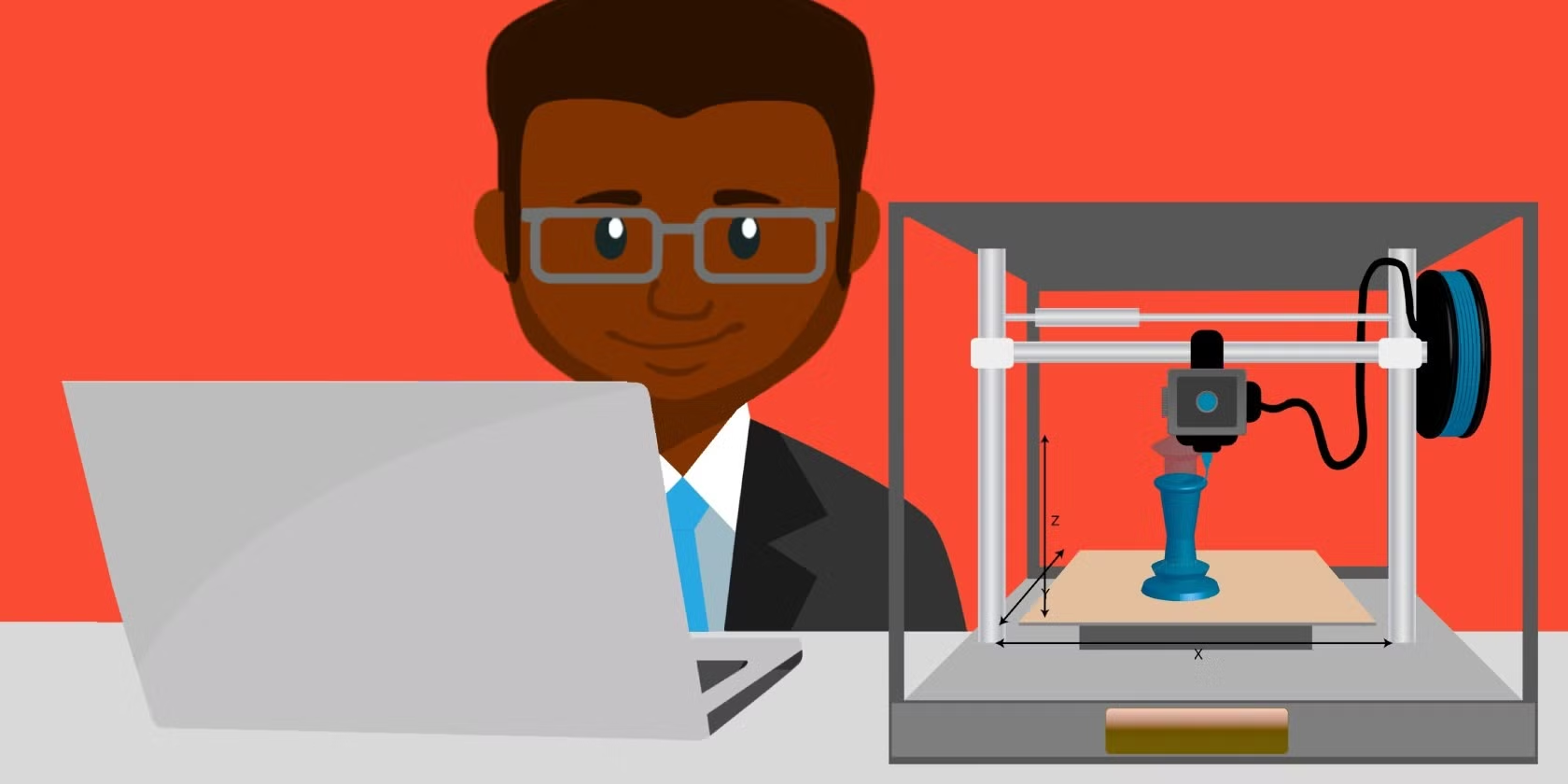
As we rely more on technology, cybersecurity becomes increasingly important for everyone, including older adults, who may be more vulnerable to online threats. Cybercriminals often target older people due to factors like lack of familiarity with technology, more disposable income, and trustful nature. Here are cybersecurity tips specifically for older people to help stay safe online:
1. Use Strong, Unique Passwords
- Avoid simple passwords: Strong passwords are crucial for protecting accounts. Use a combination of uppercase and lowercase letters, numbers, and special characters.
- Use different passwords for different accounts: Never use the same password across multiple accounts. This reduces the risk if one account is compromised.
- Consider a password manager: A password manager can securely store and generate complex passwords for you, making it easier to manage multiple passwords without forgetting them.
2. Be Cautious with Emails and Links
- Don’t open emails from strangers: Be wary of emails from unfamiliar senders, especially those asking for personal information, money, or offering too-good-to-be-true deals.
- Look out for phishing attempts: Be cautious of emails that contain urgent or alarming language, like “your account has been hacked” or “you need to take action now.” These are often phishing attempts.
- Don’t click on suspicious links or attachments: Even if an email looks like it’s from a trusted source, if something seems off, do not click on any links or download attachments without verifying the email first.
3. Avoid Scams and Fraud
- Be skeptical of unsolicited offers: Whether it’s a phone call, email, or text, always be cautious about unsolicited offers, especially those asking for money or personal details.
- Verify before paying: If you’re asked to send money (for a prize, charity, or supposed emergency), always verify the request through trusted sources before acting.
- Watch out for lottery and inheritance scams: Scammers may tell you you’ve won a lottery or are entitled to an inheritance, but they will need you to pay upfront fees. This is always a scam.
4. Protect Personal Information
- Limit what you share online: Be careful about the personal information you share on social media, including birthdays, addresses, or family details. Cybercriminals can use this information for identity theft or social engineering attacks.
- Shred sensitive documents: Before discarding old paperwork (bank statements, medical records, etc.), make sure you shred them rather than just throwing them out. This prevents thieves from obtaining your personal data.
5. Enable Two-Factor Authentication (2FA)
- Add an extra layer of protection: Enable two-factor authentication (2FA) on your important online accounts (email, banking, etc.). This requires you to provide two forms of verification (such as a password and a code sent to your phone), making it harder for cybercriminals to gain access to your accounts.
6. Keep Your Devices Updated
- Install software updates: Regularly update your computer, smartphone, and apps to ensure you have the latest security patches, which help protect against viruses and malware.
- Enable automatic updates: Set your devices to automatically install updates to ensure you don’t miss any critical security fixes.
7. Use Antivirus Software
- Install antivirus software: A reputable antivirus program helps protect your computer and other devices from malware, viruses, and other cyber threats. Many antivirus programs also offer real-time scanning to detect and block threats.
- Keep antivirus software up to date: Regularly update your antivirus program to keep it effective against new threats.
8. Be Careful with Public Wi-Fi
- Avoid using public Wi-Fi for sensitive activities: Public Wi-Fi networks (like those in cafes or airports) are less secure and can be exploited by cybercriminals to intercept data. Avoid using public Wi-Fi for banking, shopping, or entering sensitive information.
- Use a VPN (Virtual Private Network): If you must use public Wi-Fi, consider using a VPN to encrypt your internet traffic, which helps protect your data from being intercepted.
9. Secure Your Devices
- Use device passcodes: Protect your phone, tablet, and computer with a strong passcode or biometric authentication (fingerprint or face recognition). This prevents unauthorized access to your personal information.
- Lock your device when not in use: Always lock your devices when you’re not using them, especially in public spaces, to prevent unauthorized access.
- Install remote-wipe software: If you lose your phone or tablet, remote-wipe software allows you to erase your data to prevent others from accessing it.
10. Be Cautious of Phone Scams
- Don’t give out personal information over the phone: If you get a call asking for personal information or payment, hang up and call back a verified number for the company or organization in question.
- Beware of robocalls: Automated phone calls that ask you to press buttons or provide information are often scams. If in doubt, do not engage with the call.
11. Learn About Common Cyber Threats
- Familiarize yourself with common scams: Learn to recognize common scams like phishing, tech support scams, and lottery scams. Knowing what to look out for can help you avoid falling victim to fraud.
- Know the signs of a malware infection: If your computer or phone is acting strangely—running slowly, showing pop-up ads, or crashing—run a malware scan to check for any infections.
12. Regularly Backup Your Data
- Backup your important files: Regularly back up your documents, photos, and other important data to an external drive or cloud storage service. If your device is compromised, you can restore your information.
- Enable automatic backups: Set up your devices to automatically back up data, so you don’t have to worry about remembering to do it.
13. Secure Your Home Network
- Change your Wi-Fi password: Use a strong password for your home Wi-Fi network and change it regularly. Avoid using default passwords provided by the router manufacturer.
- Enable WPA3 encryption: Ensure that your Wi-Fi network uses WPA3 encryption (or at least WPA2) to protect against unauthorized access.
- Turn off remote management: Disable remote management on your router to prevent hackers from accessing your network from outside your home.
14. Seek Help When in Doubt
- Ask for assistance: If you’re ever unsure about an online interaction (such as an email, phone call, or website), ask a trusted friend, family member, or tech support professional for advice.
- Report suspicious activities: If you suspect you’ve fallen victim to a scam or cyberattack, report it to local authorities, your bank, or the relevant organization (e.g., the company being impersonated in the scam).
Conclusion
By following these cybersecurity tips, older adults can significantly reduce the risk of falling victim to cyber threats. Education, awareness, and proactive measures like using strong passwords, enabling two-factor authentication, and staying cautious online can go a long way in keeping their personal information and devices secure. Encouraging a mindset of caution, paired with the right tools and resources, can help older individuals navigate the digital world more safely.




